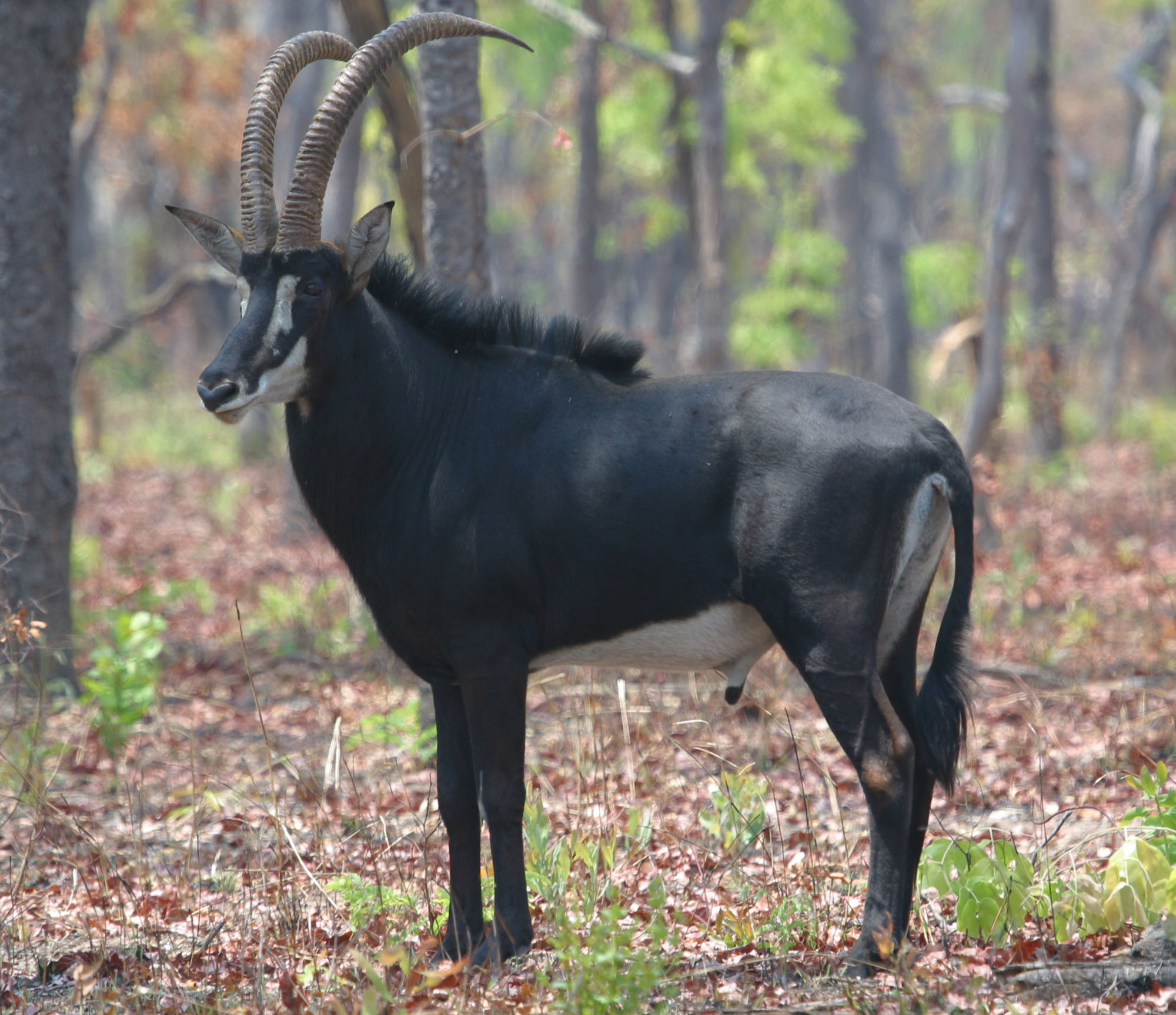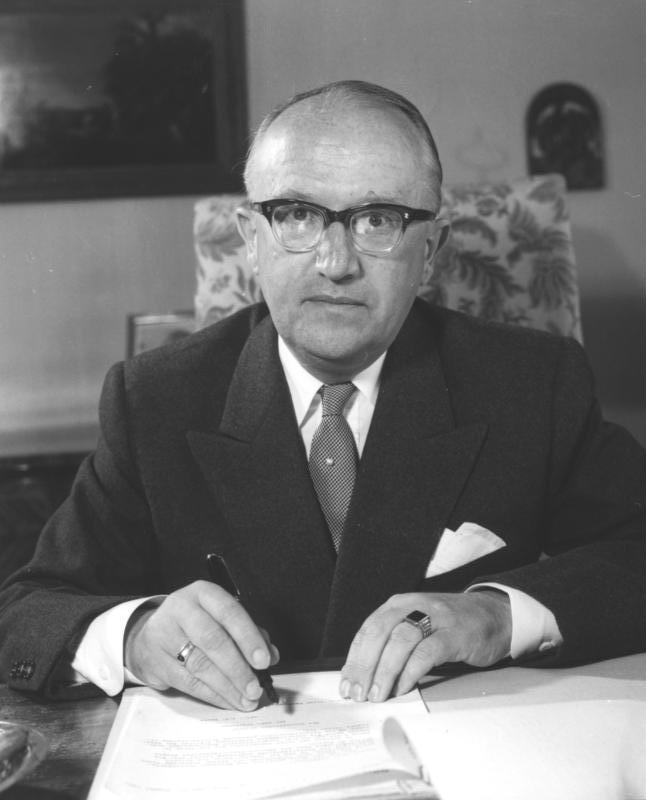|
Germany–Togo Relations
Germany–Togo relations are shaped by the shared past of both countries. From 1884 to 1914, Togo was a colony of Germany under the name of Togoland. History In the mid-19th century, the North German Missionary Society began missionizing the Ewe people in what is now Togo. Soon after, German trading companies established factories on the west coast of Africa. In 1882, a regular shipping connection between Togo and the German Empire was established by the Woermann-Linie. In 1884, Gustav Nachtigal hoisted the imperial German flag in Togo, and at the Congo Conference in Berlin, the area was assigned to the German sphere of influence and became a colony of the German Empire. In the next few years, border agreements were made with France and the British Empire, and campaigns of conquest consolidated the rule in the interior. From 1891, Togo was no longer administered from Kamerun and was given its own colonial administration, which moved its administrative headquarters fr ... [...More Info...] [...Related Items...] OR: [Wikipedia] [Google] [Baidu] |
Togo
Togo (), officially the Togolese Republic (french: République togolaise), is a country in West Africa. It is bordered by Ghana to the west, Benin to the east and Burkina Faso to the north. It extends south to the Gulf of Guinea, where its capital, Lomé, is located. It covers about with a population of approximately 8 million, and has a width of less than between Ghana and its eastern neighbor Benin. From the 11th to the 16th century, tribes entered the region from various directions. From the 16th century to the 18th century, the coastal region was a trading center for Europeans to purchase slaves, earning Togo and the surrounding region the name "The Slave Coast". In 1884, Germany declared a region including a protectorate called Togoland. After World War I, rule over Togo was transferred to France. Togo gained its independence from France in 1960. In 1967, Gnassingbé Eyadéma led a successful military coup d'état, after which he became president of an anti-communist, ... [...More Info...] [...Related Items...] OR: [Wikipedia] [Google] [Baidu] |
World War I
World War I (28 July 1914 11 November 1918), often abbreviated as WWI, was one of the deadliest global conflicts in history. Belligerents included much of Europe, the Russian Empire, the United States, and the Ottoman Empire, with fighting occurring throughout Europe, the Middle East, Africa, the Pacific, and parts of Asia. An estimated 9 million soldiers were killed in combat, plus another 23 million wounded, while 5 million civilians died as a result of military action, hunger, and disease. Millions more died in genocides within the Ottoman Empire and in the 1918 influenza pandemic, which was exacerbated by the movement of combatants during the war. Prior to 1914, the European great powers were divided between the Triple Entente (comprising France, Russia, and Britain) and the Triple Alliance (containing Germany, Austria-Hungary, and Italy). Tensions in the Balkans came to a head on 28 June 1914, following the assassination of Archduke Franz Ferdin ... [...More Info...] [...Related Items...] OR: [Wikipedia] [Google] [Baidu] |
HeidelbergCement
HeidelbergCement is a German multinational building materials company headquartered in Heidelberg, Germany. It is a DAX corporation and is one of the largest building materials companies in the world. On 1 July 2016, HeidelbergCement AG completed the acquisition of a 45% shareholding in Italcementi. That acquisition made HeidelbergCement the number one producer of construction aggregates, the number 2 in cement and number 3 in ready mixed concrete worldwide. In the 2020 Forbes Global 2000, HeidelbergCement was ranked as the 678th -largest public company in the world. The enlarged group has activities in around 60 countries with 57,000 employees working at 3,000 production sites. HeidelbergCement operates 139 cement plants with an annual cement capacity of 176 million tonnes, more than 1,500 ready-mixed concrete production sites, and over 600 aggregates quarries. Due to its extremely -intensive cement production, HeidelbergCement is one of the world's major emitters of emissions ... [...More Info...] [...Related Items...] OR: [Wikipedia] [Google] [Baidu] |
Human Rights In Togo
Togo, a small country in West Africa that was labeled "Not Free" by Freedom House from 1972 to 1998, and again from 2002 to 2006, and that has been categorized as "Partly Free" from 1999 to 2001 and again from 2007 to the present (according to the government officials), has very serious and longstanding human-rights problems. According to a U.S. State Department report based on conditions in 2010, they include "security force use of excessive force, including torture, which resulted in deaths and injuries; official impunity; harsh and life-threatening prison conditions; arbitrary arrest and detention; lengthy pretrial detention; executive influence over the judiciary; infringement of citizens' privacy rights; restrictions on freedoms of press, assembly, and movement; official corruption; discrimination and violence against women; child abuse, including female genital mutilation (FGM), and sexual exploitation of children; regional and ethnic discrimination; trafficking in persons ... [...More Info...] [...Related Items...] OR: [Wikipedia] [Google] [Baidu] |
German Reunification
German reunification (german: link=no, Deutsche Wiedervereinigung) was the process of re-establishing Germany as a united and fully sovereign state, which took place between 2 May 1989 and 15 March 1991. The day of 3 October 1990 when the German Reunification Treaty entered into force dissolving the German Democratic Republic (GDR; german: link=no, Deutsche Demokratische Republik, DDR, or East Germany) and integrating its recently re-established constituent federated states into the Federal Republic of Germany (FRG; german: link=no, Bundesrepublik Deutschland, BRD, or West Germany) to form present-day Germany, has been chosen as the customary ''German Unity Day'' () and has thereafter been celebrated each year from 1991 as a national holiday. East and West Berlin were united into a single city and eventually became the capital of reunited Germany. The East Germany's government led by the Socialist Unity Party of Germany (SED) (a communist party) started to falter on 2 May 1 ... [...More Info...] [...Related Items...] OR: [Wikipedia] [Google] [Baidu] |
Antelope
The term antelope is used to refer to many species of even-toed ruminant that are indigenous to various regions in Africa and Eurasia. Antelope comprise a wastebasket taxon defined as any of numerous Old World grazing and browsing hoofed mammals belonging to the family Bovidae of the order Artiodactyla. A stricter definition, also known as the "true antelopes," includes only the genera ''Gazella'', ''Nanger'', ''Eudorcas'' and ''Antilope''. One North American species, the pronghorn, is colloquially referred to as the "American antelope," but it belongs to a different family from the African and Eurasian antelopes. A group of antelope is called a herd. Unlike deer antlers, which are shed and grown annually, antelope horns grow continuously. Etymology The English word "antelope" first appeared in 1417 and is derived from the Old French ''antelop'', itself derived from Medieval Latin ''ant(h)alopus'', which in turn comes from the Byzantine Greek word ἀνθόλοψ, ''anthó ... [...More Info...] [...Related Items...] OR: [Wikipedia] [Google] [Baidu] |
Franz Josef Strauss
Franz Josef Strauss ( ; 6 September 1915 – 3 October 1988) was a German politician. He was the long-time chairman of the Christian Social Union in Bavaria (CSU) from 1961 until 1988, member of the federal cabinet in different positions between 1953 and 1969 and minister-president of the state of Bavaria from 1978 until 1988. Strauss is also credited as a co-founder of European aerospace conglomerate Airbus. After the 1969 federal elections, West Germany's CDU/CSU alliance found itself out of power for the first time since the founding of the Federal Republic. At this time, Strauss became more identified with the regional politics of Bavaria. While he ran for the chancellorship as the candidate of the CDU/CSU in 1980, for the rest of his life Strauss never again held federal office. From 1978 until his death in 1988, he was the head of the Bavarian government. His last two decades were marked by a fierce rivalry with CDU chairman Helmut Kohl.David Wilsford, ed. ''Political L ... [...More Info...] [...Related Items...] OR: [Wikipedia] [Google] [Baidu] |
Cabinet Minister
A minister is a politician who heads a ministry, making and implementing decisions on policies in conjunction with the other ministers. In some jurisdictions the head of government is also a minister and is designated the ‘prime minister’, ‘premier’, ‘chief minister’, ‘chancellor’ or other title. In Commonwealth realm jurisdictions which use the Westminster system of government, ministers are usually required to be members of one of the houses of Parliament or legislature, and are usually from the political party that controls a majority in the lower house of the legislature. In other jurisdictions—such as Belgium, Mexico, Netherlands, Philippines, Slovenia, and Nigeria—the holder of a cabinet-level post or other government official is not permitted to be a member of the legislature. Depending on the administrative arrangements in each jurisdiction, ministers are usually heads of a government department and members of the government's ministry, cabinet and pe ... [...More Info...] [...Related Items...] OR: [Wikipedia] [Google] [Baidu] |
Gnassingbé Eyadéma
Gnassingbé Eyadéma (; born Étienne Gnassingbé, 26 December 1935 – 5 February 2005) was the president of Togo from 1967 until his death in 2005, after which he was immediately succeeded by his son, Faure Gnassingbé. Eyadéma participated in two successful military Coup d'état, coups, in January 1963 and January 1967, and became president on 14 April 1967. As president, he created a political party, the Rally of the Togolese People (), and headed an Anti-Communism, anti-communist One-party state, single-party regime until the early 1990s, when reforms leading to multiparty elections began. Although his rule was seriously challenged by the events of the early 1990s, he ultimately consolidated power again and won multiparty presidential elections in 1993, 1998 and 2003; the opposition boycotted the 1993 election and denounced the 1998 and 2003 election results as fraudulent. At the time of his death, Eyadéma was the longest-serving ruler in Africa. [...More Info...] [...Related Items...] OR: [Wikipedia] [Google] [Baidu] |
German Democratic Republic
German(s) may refer to: * Germany (of or related to) **Germania (historical use) * Germans, citizens of Germany, people of German ancestry, or native speakers of the German language ** For citizens of Germany, see also German nationality law **Germanic peoples (Roman times) * German language **any of the Germanic languages * German cuisine, traditional foods of Germany People * German (given name) * German (surname) * Germán, a Spanish name Places * German (parish), Isle of Man * German, Albania, or Gërmej * German, Bulgaria * German, Iran * German, North Macedonia * German, New York, U.S. * Agios Germanos, Greece Other uses * German (mythology), a South Slavic mythological being * Germans (band), a Canadian rock band * German (song), "German" (song), a 2019 song by No Money Enterprise * ''The German'', a 2008 short film * "The Germans", an episode of ''Fawlty Towers'' * ''The German'', a nickname for Congolese rebel André Kisase Ngandu See also * Germanic (disambi ... [...More Info...] [...Related Items...] OR: [Wikipedia] [Google] [Baidu] |
Hallstein Doctrine
The Hallstein Doctrine (), named after Walter Hallstein, was a key principle in the foreign policy of the Federal Republic of Germany (West Germany) from 1955 to 1970. As usually presented, it prescribed that the Federal Republic would not establish or maintain diplomatic relations with any state that recognized the German Democratic Republic (East Germany). In fact it was more nuanced. There was no public official text of the "doctrine", but its main architect, Wilhelm Grewe, explained it publicly in a radio interview. Konrad Adenauer, who served as Chancellor of Germany from 1949 to 1963, explained the outlines of the policy in a statement to the German parliament on 22 September 1955. It meant that the Federal German government would regard it as an unfriendly act (''acte peu amical'') if third countries were to recognize the "German Democratic Republic" (East Germany) or to maintain diplomatic relations with it – with the exception of the Soviet Union (as one of the ... [...More Info...] [...Related Items...] OR: [Wikipedia] [Google] [Baidu] |




